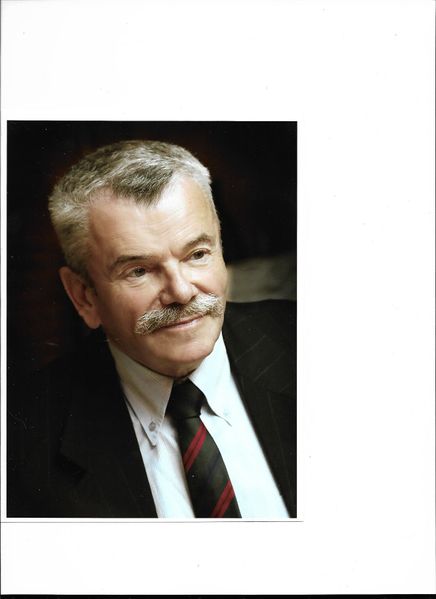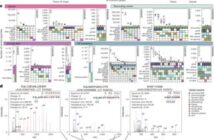Professor, Dr. Alexander Zabuty.
The A3 adenosine receptor agonist CF102 induces apoptosis of hepatocellular carcinoma via de-regulation of the Wnt and NF-kappaB signal transduction pathways.
Prof.’Dr. Zabuty A» Dr.Bar-Yehuda prof.’Dr.Fishman P + other.
Abstract
The A3 adenosine receptor (A(3)AR) is highly expressed in tumors and was suggested as a target for cancer treatment. In this study, we show that A(3)AR is highly expressed in tumor tissues and in peripheral blood mononuclear cells (PBMCs) derived from patients with HCC, as well as from HCC tumor-bearing rats. The high expression level of the receptor was directly correlated to overexpression of NF-kappaB, known as a transcription factor of A(3)AR. CF102, a synthetic highly selective agonist to A(3)AR induced a marked dose response inhibition of tumor growth in N1S1 HCC tumor rats, via de-regulation of the NF-kappaB and the Wnt signal transduction pathways, resulting in apoptosis of tumor cells. Taken together, A(3)AR is highly expressed in tumors and PBMCs of HCC patients and tumor-bearing rats. CF102 induced apoptosis and tumor growth inhibition. These data suggest A(3)AR as a novel targeted therapy to treat HCC.
PMID: 18636149
Illustration: The A3 Adenosine Receptor: History and Perspectives …
pharmrev.aspetjournals.org
https://www.ncbi.nlm.nih.gov/pubmed/18636149











